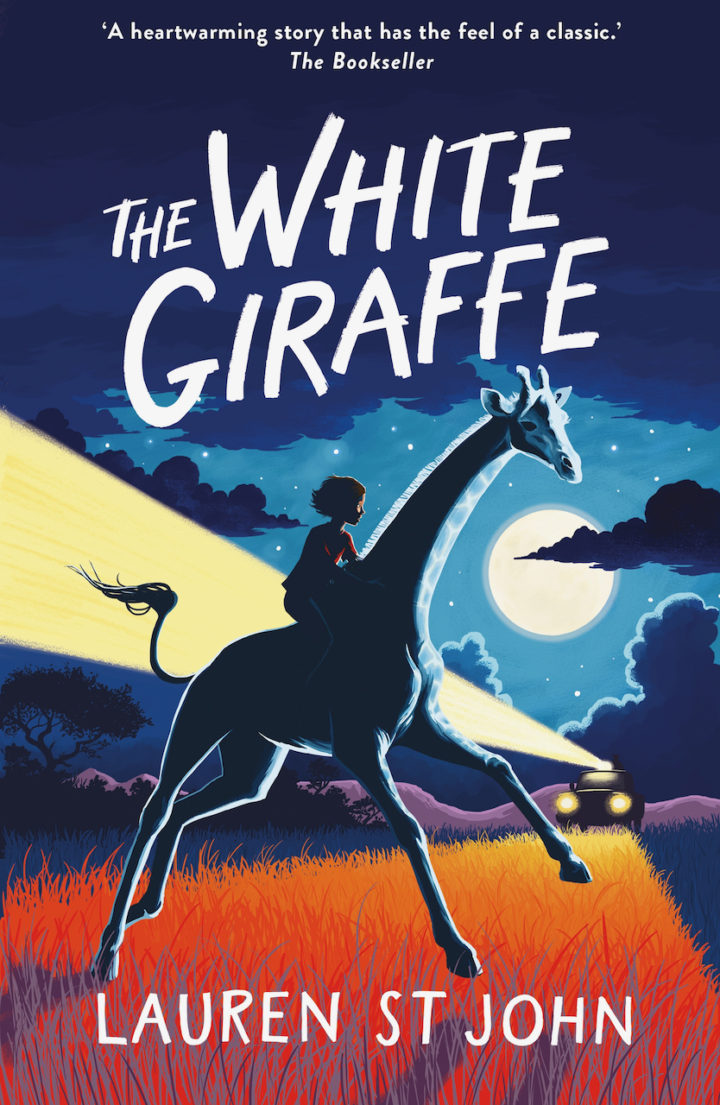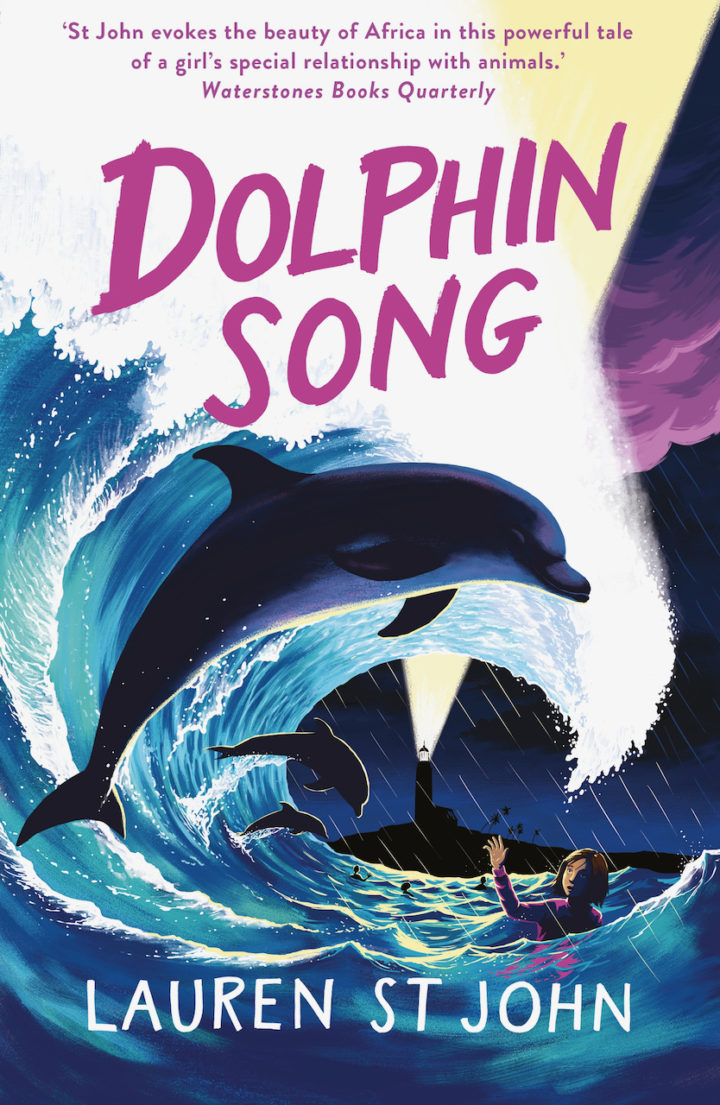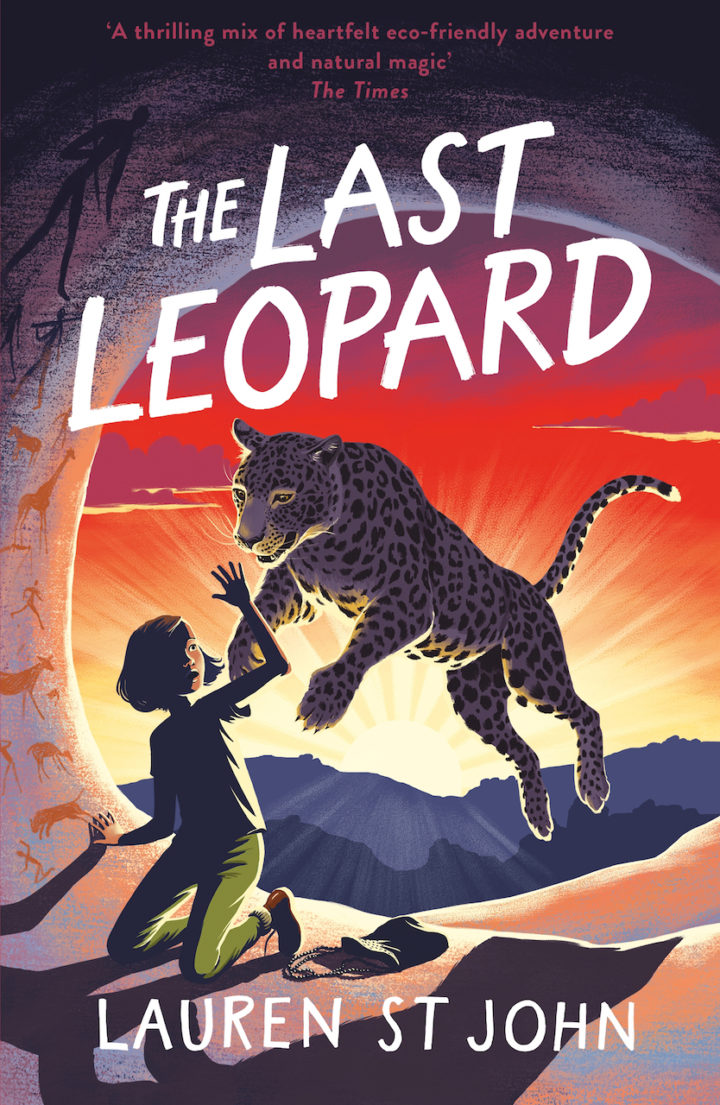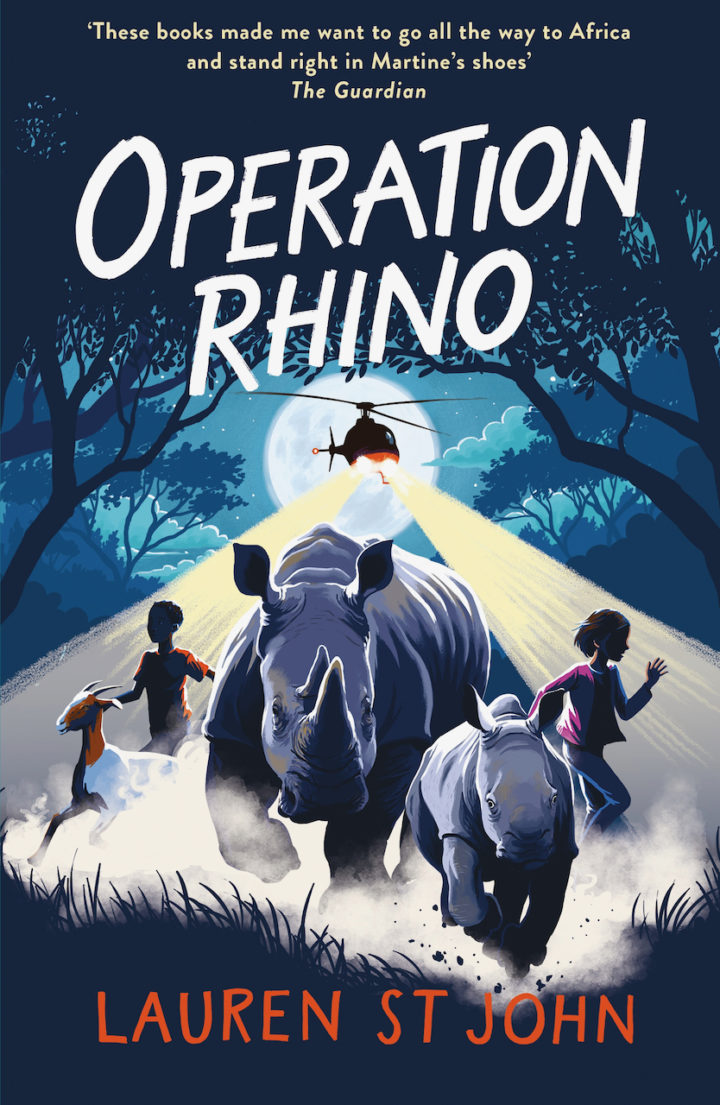The Elephant’s Tale
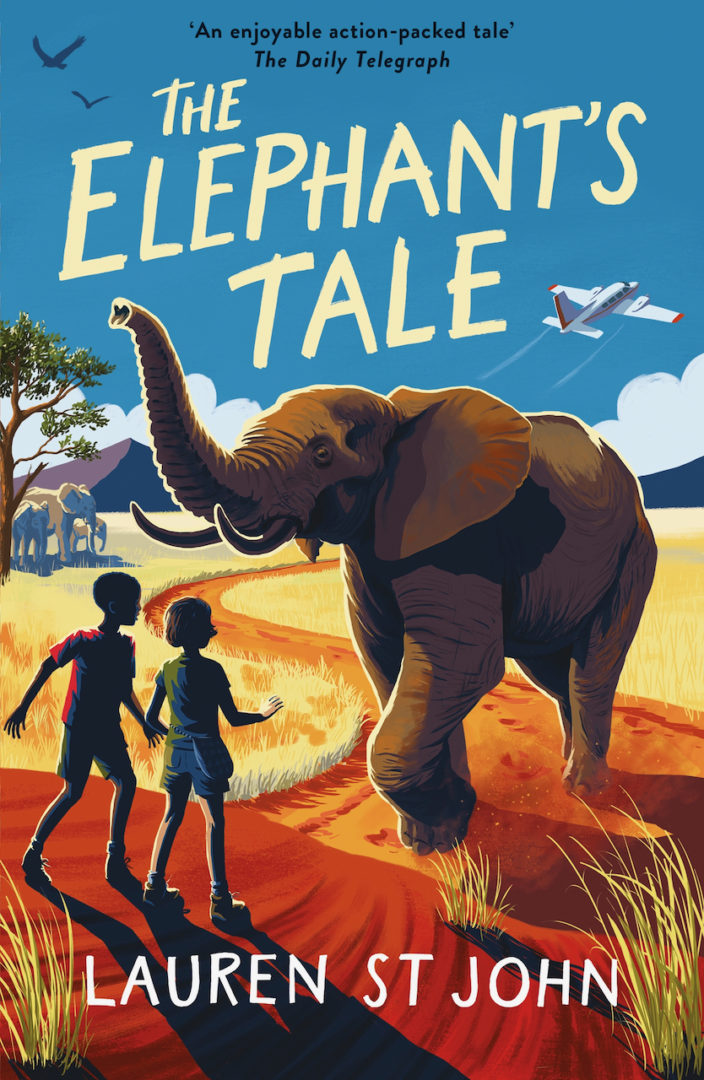
‘The elephant’s whole body trembled; a tear rolled down her face…Some sixth sense told Martine that the elephant’s heart was failing because it had been broken. Her freedom and her family had been stolen from her. She had nothing left to live for.’
When a sinister stranger threatens Martine’s home at Sawubona Game Reserve and her beloved white giraffe, Jemmy, she is determined to try everything in her power to save them. To do that she and her best friend, Ben, must risk their lives by travelling to the Namibian desert. There they stumble across a secret so terrible it threatens the existence of every person and animal in the land. Can they trust the mysterious San Bushman boy, Gift? And is the fate of twenty missing elephants linked to Sawubona?
In this fourth, thrilling African adventure, Martine and Ben have just thirteen days to find the truth or lose the wildlife sanctuary and animals they love.


